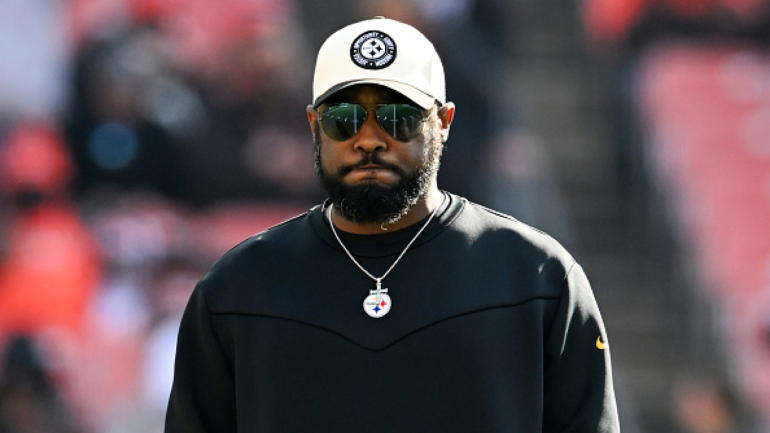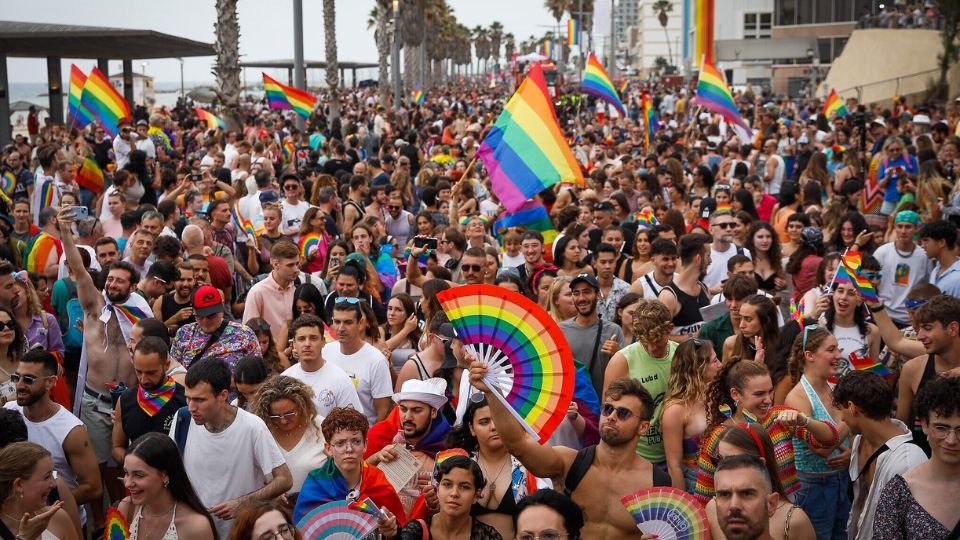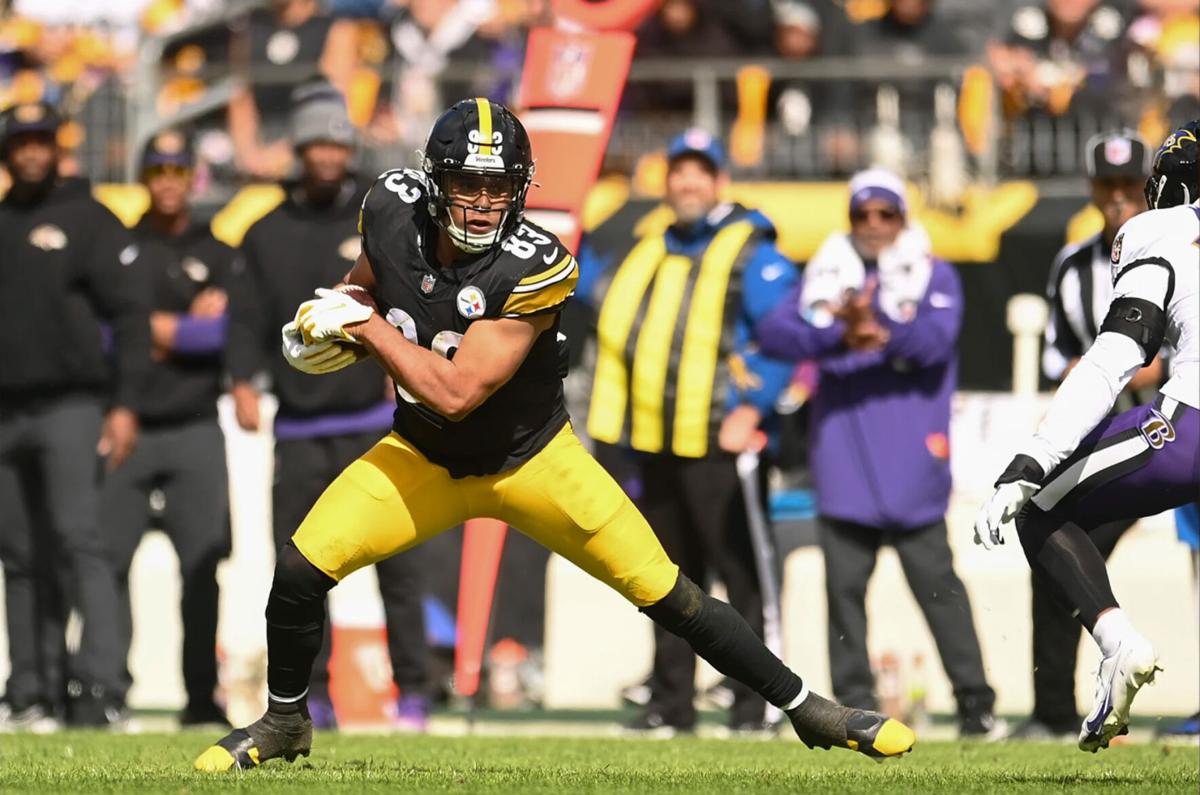Steelers and Chiefs Take a Stand: Boycotting Pride Nights to Refocus on Football
Steelers and Chiefs Unite to Boycott “Pride Nights” – A Bold Action Against Woke Culture!NY
In a stunning move that has sent shockwaves through the sports world, the Pittsburgh Steelers and Kansas City Chiefs have announced a joint decision to boycott “Pride Nights” hosted by the NFL and other sporting events tied to LGBTQ+ celebrations. This bold declaration comes as both teams make a firm stance against what they view as the growing influence of “woke culture” in professional sports.
The decision, which has already sparked widespread debate, is being hailed by some as a courageous stand for traditional values, while others criticize it as a divisive and regressive move. The Steelers and Chiefs, two powerhouse teams with passionate fanbases, have expressed their belief that sports should remain a space free from political and social agendas, focusing solely on athleticism and competition.

A Bold Stand Against Woke Culture
For many years, Pride Nights have been a staple in the NFL’s commitment to inclusivity and LGBTQ+ rights, celebrating diversity in the sports community. These events often feature rainbow-colored jerseys, halftime performances, and speeches from LGBTQ+ advocates. However, the teams have stated that these efforts have become too politically charged and have taken away from the essence of the game.
In a joint statement, the teams declared: “We believe in the importance of inclusivity and respect for all, but we also believe that sports should remain focused on the game, not on pushing social or political movements. Pride Nights, like any other themed night, should not be used as a platform to promote any particular agenda. We are here to play football, not to participate in social experiments.”
The Growing Backlash Against Woke Culture
The Steelers and Chiefs are not alone in their criticisms of woke culture’s impact on sports. Across the nation, athletes, coaches, and fans alike have begun voicing concerns over the increasing politicization of the games. Many argue that professional sports should remain neutral and focus on the athletic competition, rather than endorsing political or social movements.
“The game should be the star of the show,” said a former NFL player who wishes to remain anonymous. “We’ve seen how social justice movements have begun to overshadow the actual game itself, and I think a lot of fans are tired of it. Sports should unite people, not divide them based on political views.”
The backlash against “woke culture” in sports has grown significantly, with high-profile athletes like Kyrie Irving and Aaron Rodgers expressing their frustrations with the league’s increasing focus on activism rather than the game. Critics argue that while the NFL and other sports leagues should continue to promote inclusivity and diversity, they should not do so at the expense of the spirit of competition and entertainment that fans tune in for every week.

The Impact on the Fanbase
The reaction from fans has been mixed. While some applaud the Steelers and Chiefs for taking a stand against what they perceive as over-politicization, others are disappointed by the teams’ decision to boycott Pride Nights. Some fans feel that sports should continue to be a place where all individuals, regardless of their background or identity, can come together and celebrate their shared love for the game.
“This is a step backward for inclusivity,” said one fan. “I think the NFL should be a place where everyone feels welcome, and by pulling out of Pride Nights, they’re sending the wrong message. We need more love and understanding, not less.”
However, others believe that the teams are making a principled stand. “I think they’re doing the right thing,” said another fan. “It’s important to remember that sports are for everyone, and no one should be forced to participate in a political movement. Let the athletes play the game, and let the fans enjoy it.”

The Future of Pride Nights in the NFL
The NFL has yet to respond to the decision made by the Steelers and Chiefs, but it is likely that this move will spark more conversations about the role of activism in sports. As the country continues to grapple with cultural and political divides, the question of how much influence politics should have in professional sports remains a hot topic.
Pride Nights are still expected to take place in other stadiums across the league, but this move by two major franchises may mark the beginning of a broader pushback against the increasing focus on social justice movements in the world of sports. Whether this trend will continue to grow, or whether it will be a temporary shift, is yet to be seen.
For now, the Steelers and Chiefs have made their position clear: they will no longer participate in Pride Nights, choosing instead to focus on what they see as the true heart of the game – the sport itself.





